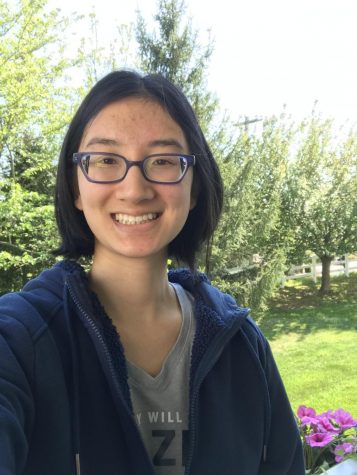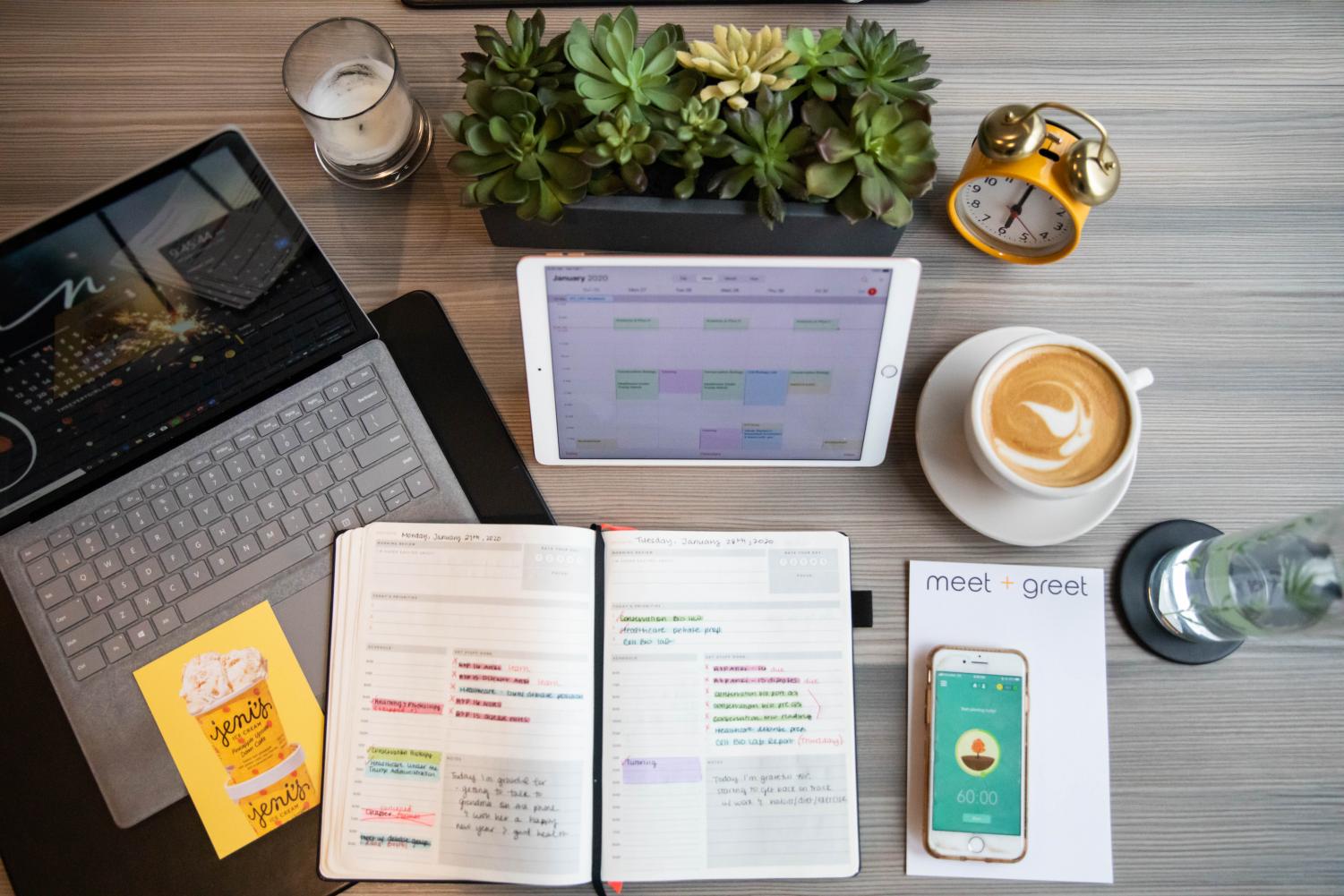
Ever since coming to Vanderbilt, being stressed out has become the new norm for me. I’ve been struggling with how to best minimize unnecessary stress by reconsidering my scholastic commitments for a while now. But, about a month ago, I realized that even during the middle of an unprecedented summer of isolation, I was still stressed out and realized I should probably do something about it. After some introspection, I figured out the reason for my stress: while I had started to say no to more extracurricular activities, I still have too many interests, hobbies and passions that I want to dedicate myself to. Whether it’s wanting to learn Mandarin and Spanish, practice piano and guitar or read up on a variety of topics, there never seems to be enough time to do it all.
On top of my outside interests, I’m a full-time undergraduate student majoring in neuroscience with hopes of applying to graduate school next year. I have also struggled with anxiety and depression for as long as I can remember. In light of the fact that I don’t have the time to do everything I would like, I have recently accepted that I need to be brutally selective with my time. One of my favorite quotes from author Annie Dillard sums up my new life philosophy: “How we spend our days is of course how we spend our lives.”
Of course, I’ve tried to do it all; I’ve tried to embody a “good” Vanderbilt student. I’ve tried to get great grades, be on the executive board for clubs, go to fun Vandy events, maintain close relationships, exercise weekly, read about the news, practice piano and guitar, call my family, clean my room and more. Eventually, I usually have a “wake up call,” when I realize that I don’t have enough time to pursue all of my different interests and responsibilities. Usually, the “wake up call” is in the form of a breakdown, which leads me to start questioning my motives.
There is a normal level of stress associated with being a college student who is trying to maximize her chances for a successful career. However, there’s not much I can do to mitigate the “essential” stressors in life, such as completing assignments and going to class. The main source of my unnecessary stress stems from three main causes: comparison, perfectionism and ambition. I constantly think others at Vanderbilt are doing more and having a better time than me, largely due to FOMO and imposter syndrome. I also have high expectations for myself and am genuinely curious about many different topics.
I have learned that the most direct and concrete actions I can take to mitigate this additional stress involves having the courage to curb my ambition and accepting that I can’t do everything that I want to do. That means (1) identifying what is important to me in life, (2) living by those values and (3) getting rid of everything else. It’s been difficult for an indecisive self-doubter like me to choose what hobbies and activities to focus on, and it ultimately required a lot of self-reflection and experimentation to figure out what brought me the most joy. It was also very difficult for me to organize my thoughts on this matter, so I did some research and came across a great Forbes article detailing how to take advantage of the 5/25 rule which helped me prioritize the different categories of my life. This process has taken lots of courage because it is scary to lose hobbies and interests that were once a big part of you. In some ways it means letting go of a past version of yourself and accepting that you are evolving and maturing. It also requires the realization that not only is our time limited but our capacities are limited. We cannot have it all; we are imperfect.
Throughout this year I’ve been coming to terms with this difficult reality as I’ve decided to only devote my time to the academic activities I value the most. Both fall and spring semesters I worked in a few different research labs and felt like the expectations for me did not align with my interests. Although I liked the people I worked with, I decided I had to take control over my time and decided to leave the labs. Furthermore, over the past few months, I have struggled to accept that I need to leave some of my favorite hobbies, such as practicing instruments, dance classes and learning Spanish, behind because they now cause unnecessary stress. I recently also realized that serving as treasurer for Vanderbilt Piano Society has been fun, but ultimately too time consuming. In place of what I have lost, however, I have decided to focus my time on my neuroscience lab, and I decided to seriously study Mandarin. I also finally decided to become a writer for The Hustler, which is important to me because I want to help people work on their mental health.
When we say yes to everything, we become a jack of all trades and a master of none. This is because we divide our time among multiple hobbies or interests, meaning we don’t have enough time to truly devote ourselves to mastering one interest. In order to truly excel in what we choose to do, we need to have the courage to focus on a few things and do them well. That means giving up a lot of interests in the process, but it also means giving up the stress, confusion and ambiguity involved with trying to do everything at once. I challenged myself not to be pushed and pulled by whatever happens to be interesting at the time, and I refuse to allow others to dictate how I spend my time. By choosing what’s essential, I have started to live a more intentional and peaceful life.


